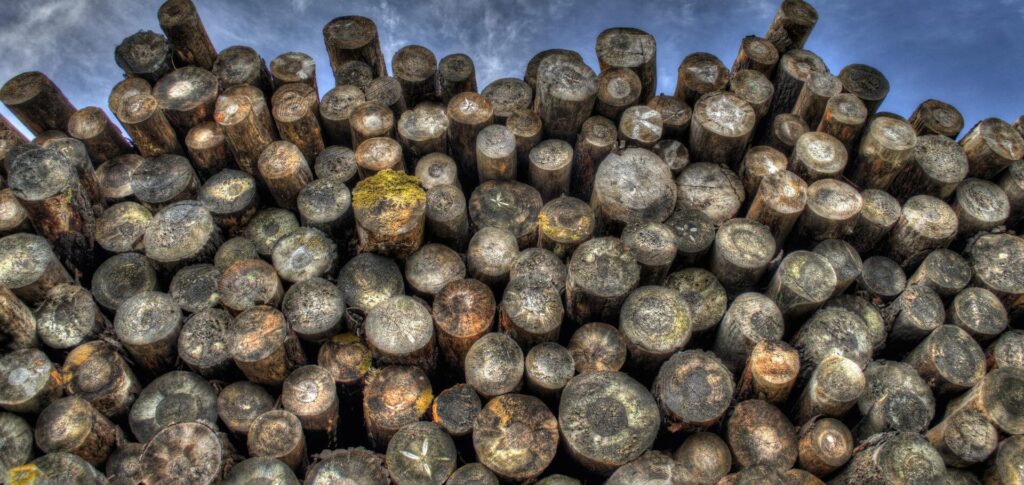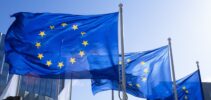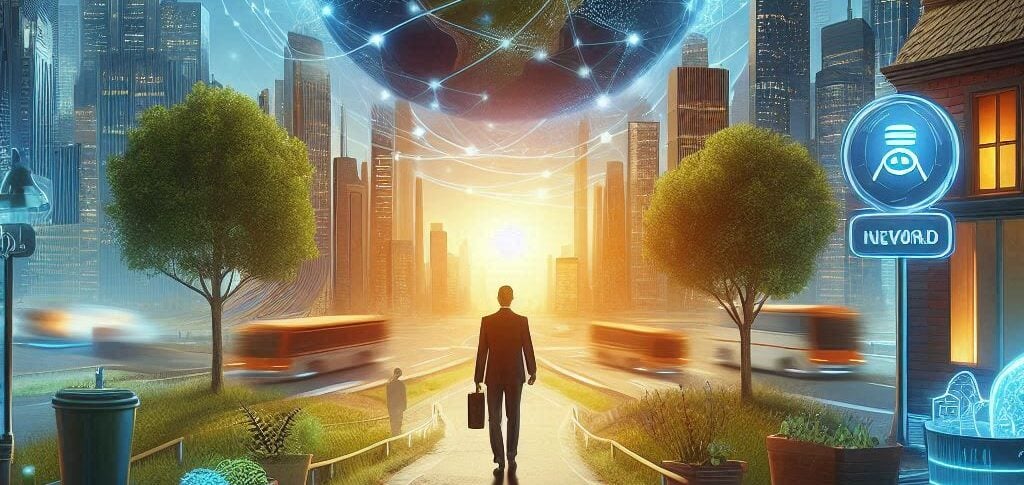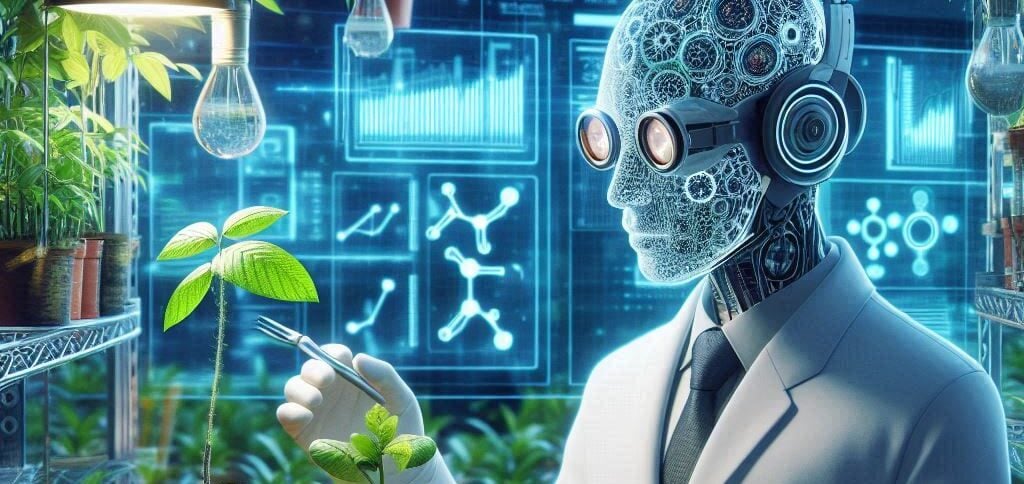Hair EU Deforestation-Free Products Regulation (🇬🇧), traders will have to verify that the items were produced on soil that has not suffered deforestation or forest degradation, and under principles of protection of human rights and indigenous peoples.
ADVERTISING
The new legislation places the duty on companies – registered in EU member states – to ensure that 7 agricultural commodities (cattle, cocoa, coffee, palm oil, rubber, soybeans and wood) imported or exported have not been produced on land deforested after December 31, 2020. Several derivative products are also on the list, such as chocolate and leather. The law requires companies to trace commodities back to where they were produced.
The regulation also requires companies to ensure that these commodities are produced under conditions that comply with “relevant legislation” in their country of origin. This includes laws on land use rights, labor rights, human rights protected by international law, and anti-corruption laws.
Ratification by the European Council was the last stage of approval and the new rules will come into force 20 days after their publication in the EU's official gazette. The text also provides for sanctions. According to the body, fines proportional to environmental damage and the value of the relevant goods or products must be set at at least 4% of operators' annual turnover in the EU and include a temporary exclusion from public bidding processes and access to public financing.
ADVERTISING
Curto Curatorship:
- EU: big step towards 'deforestation-free' trade (Human Rights Watch*)
- Parliament approves new law to combat global deforestation (European Parliament News*)
Read also
(🇬🇧): content in English
(*): Content in other languages translated by Google Tradutor
(🚥): may require registration and/or subscription
* The text of this article was partially generated by artificial intelligence tools, state-of-the-art language models that assist in the preparation, review, translation and summarization of texts. Text entries were created by the Curto News and responses from AI tools were used to improve the final content.
It is important to highlight that AI tools are just tools, and the final responsibility for the published content lies with the Curto News. By using these tools responsibly and ethically, our objective is to expand communication possibilities and democratize access to quality information. 🤖






